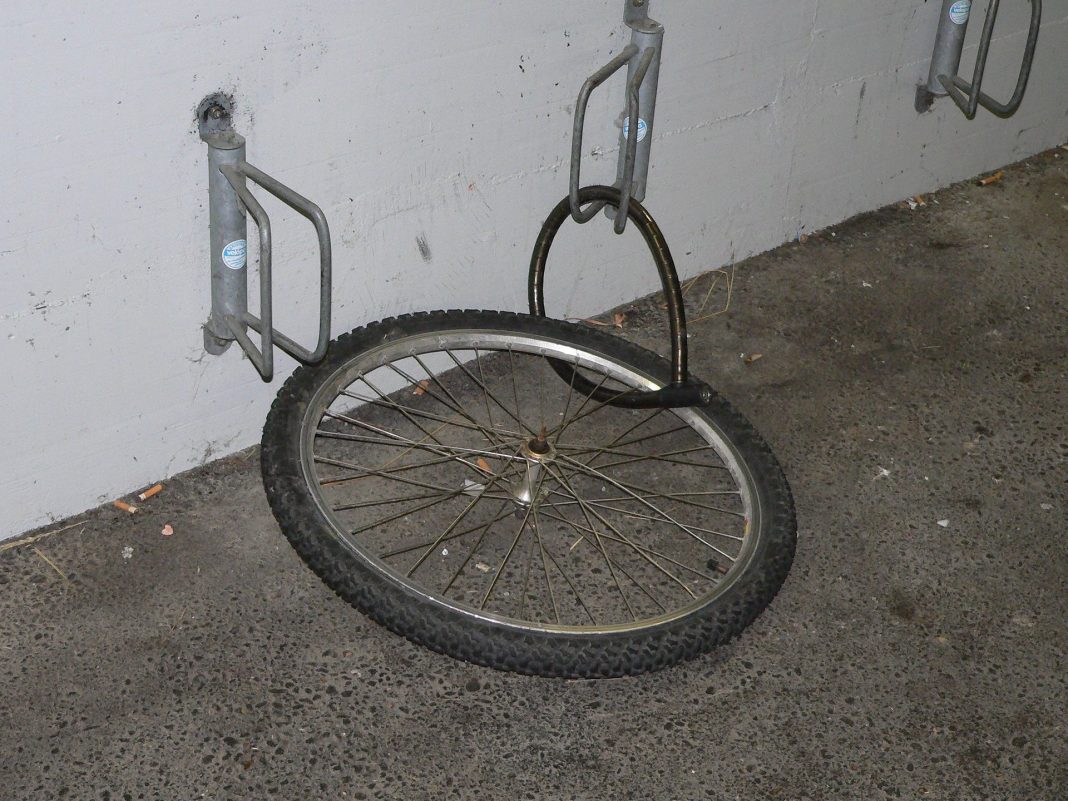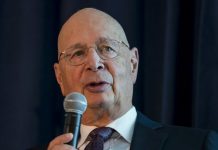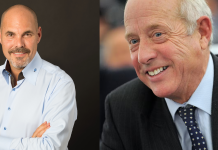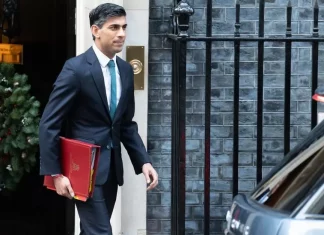I venture some observations on the concept of money, some if not all of which readers of this website will be familiar but worth setting down for those not keen on sitting by the pool this summer with Schlicter’s Paper Money Collapse . After 45 years in the City much of which was spent managing fixed interest I am always surprised by the lack of fundamental understanding of money as a concept by people who deal with it in a political, academic or professional sphere. In the last 20 years I have had the pleasure of lecturing at scores of universities and seminars all over the world usually but not always on Austrian economics .
Recently at bank seminars on the implications of Basel III international regulation. Now before you start yawning and who could blame you, do not for one minute think this has nothing to do with you, it has everything to do with you and your family.

The western democracies do not teach money at schools or universities nor indeed do they teach the fundamentals of their national law or constitutions but that is another issue. Yet money and fools are soon parted and it is governments who part their citizens from their money on a daily basis. Readers of this website have money stolen from them by the state on a daily basis. Ironic when we all fear muggers and burglars from whom we have ,statistically, very little cause to worry about. The difference being massive government propaganda to persuade us it is for our own benefit, public services, health environment. Imagine being knocked down in the street ,having your wallet taken whilst your assailant explains it is for a very good cause. Let us start at the beginning.The Oxford Dictionary tells us the definition of money is quote: ‘ a medium of exchange’.This definition is unchallenged, yet completely ignored by governments, academics, journalists, bankers and city fund managers.
This medium of exchange has ,over thousands of years, worn many masks. The historian can identify a significant number. Salt, silver, gold, furs, tobacco, nylons ; take your choice. The key is confidence in the medium. The currency, if you will. Money is simply a catalyst for trade, which otherwise would be restricted to barter. It enables the division of labour to flourish, the key to the advancement of mankind, without which we would revert to subsistence farming and banditry the policy it would seem of the modern Green Party. It will not have escaped your notice that these mediums of exchange all have an intrinsic value, preservation of food, precious metals or clothing , years ago when I was in India bottles of whisky had the status or a medium of exchange with the middle classes. Indeed ,one might argue today in British society it retains the same status for modest remuneration . Arguably gold and silver maintained premier status as the worlds favoured money. Even today a major discovery of gold or silver coins makes the headlines, it still carries unreduced value , imagine burying a suitcase of £20 notes for discovery in 500 years time, fire lighting value only.
There is a further important phenomenon with money not just to avoid the restrictions of barter. It means an individual, family or company can defer trading completely. They can accumulate money for future purchase or investment. This time adjustment is vital for a sophisticated economy. Traditionally it has been regarded as prudent and beneficial to save. One man’s saving is another man’s potential investment capital. The reward for this deferred consumerism on the part of one society member is interest, this is the motivating factor, without it there is no motivation, consuming now becomes more advantageous than waiting. The Keynesian school of thought, the only school taught in universities today argue this is good for society . Live now pay later. Itinerant politicians ,of course , encourage this ethos, they are elected in 4 or 5 year cycles, jam today wins more votes than jam tomorrow. The electoral systems in the western democracies virtually prohibit any other philosophy. These democracies cannot hope to borrow or tax to meet their electoral promises even in part. They therefore have little choice but to print money, in the parlance of yesteryear to degrade the currency. In the days of the Roman Empire coinage was debased by reducing gold or silver content and replacing with cheaper alloys, a practice continued by mediaeval kings to fund wars and crusades. Sound familiar ?

As gold and silver has to be mined as coinage in itself it is difficult to debase. Current gold mining counts about 2% of world storage for example . Theoretically gold monetary debasement is limited , paper or electronic money, intrinsically worthless can be expanded at will, and is. The UK government has printed £350 billion in the last 5 years, the US and Japanese so much a figure here is simply too big for the human mind to comprehend.
Fascinatingly in the days of Henry II the currency of the realm was the silver sixpence a stash of which was found recently, it still of course retains value. Yet in those days coin makers attempted to degrade the pennies by adding alloy for personal benefit, Henry’s Archbishop Anslem recommended those caught had their testicles and right hands cut off . Oh for that kind of muscular Christianity today.
HENRY VIII debased coinage in another way by trimming, hence the serrated coin edge we have today. Again to pay for his continental adventures. Queen Elizabeth I when she came to power installed Thomas Gresham as her chancellor who instituted one of the first laws on currency ,’ bad money drives out good’ the only law told to sixth formers and instantly forgotten when the get into the clutches of their state university tutors. History is littered with examples of currency debasement. Sterling was put back on the gold standard at the end of the Napoleonic Wars, it is almost inflation proof so a loaf of bread cost the same in 1816 as it did in 1900. ( I love to leave room for my old friend and colleague Paul Nuttall to shout ‘repeal of the corn laws ), he is right of course but you get the drift. The 1914/18 war had to be paid for so the UK came off the gold standard ,money was printed inflation ensued.
Following WWII the US dollar replaced sterling as the world’ reserve currency, the term reflecting it was backed by a gold reserve at a fixed price, the famous Bretton Woods agreement fixed the price at $34 per troy ounce. So the dollar became the new ‘good as gold’ currency from which other currencies took their lead.
War stepped in again, this time the Vietnam war, it had to be paid for with printed money, the French saw the way the world was going and asked for their gold back, Nixon took the USA off the gold standard and today the 1972 dollar is worth about 8 cents in purchasing power.
Today there is a currency war, the world’s central banks are printing money to promote mass currency debasement to try and protect their export industries, which ironically usually account for less than 10% of their GDPs. We used to call it mercantilism , today we call it crony capitalism. Bankers obviously do well as first receivers, those without assets can not nor will ever be able to afford them. In short ,the gap between the haves and have nots gets wider. Laissez faire capitalism is blamed which paradoxically is the one thing western democracies do not have. Borrowed money is now on a scale too great for the electorate to understand, it is unrepayable and growing. There is not even an enormously improved infrastructure to show for all this debt, it has been blown on welfare, social and corporate. Pension funds are impossible to manage because assets cannot be valued except in degraded worthless paper money. Without QE (counterfeiting) government bonds would be worthless, the banks are broke, the state is broke, debt is rising disaster looms, yet no one is talking about it.
We go into an election in a atmosphere of complete denial, with political parties still vying with each other on how much more they will spend. In conclusion, let us put economic dogma aside. It is now painfully apparent that artificially expanding the medium of exchange cannot nor has not increased wealth, debt depresses economies, false interest rates destroy investment, indeed create mal investment the ‘boom bust’, the boom is to be feared more than any bust, the post boom bust is inevitable and the longer the boom the more drastic the bust. Real estate and bonds will crash and burn, paper currencies will go the way they always have -to the devil. There is no shortcut to prosperity, prudence and production are the key. Constant interference with markets to benefit one section of society over another are doomed to failure in the long term. Government’s role is a light touch, the rule of law not the micro management of an economy of which it does not understand, or indeed have direct experience of.






